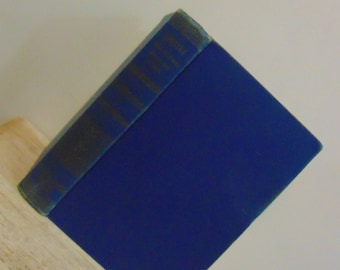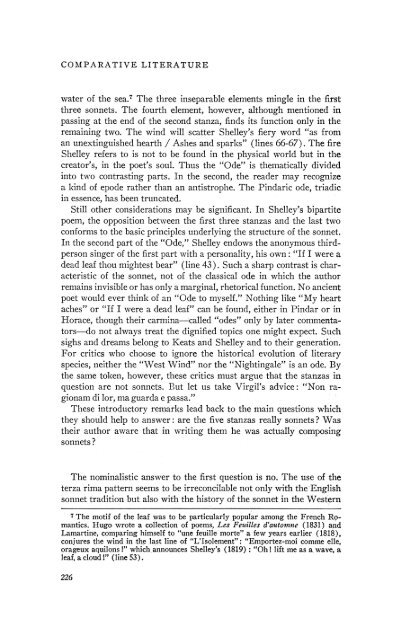

But there is a particular loss that, while felt by both poets, Shelley hates: the loss of the Wordsworth that wrote poetry dedicated to "truth and liberty." This Wordsworth was a guiding light and a place of refuge for Shelley, but is now gone, leaving him in the dark and without a safe haven. He expresses his sympathy with Wordsworth's poems and the losses that he and Wordsworth share-losses that are common to all of humanity. From the beginning, Shelley alludes to Wordsworth's famous poem "Ode: Intimations of Immortality from Recollections of Early Childhood" in which Wordsworth reflects on the loss of the wonder and majesty he felt toward the natural world as a child. Through form and content, Shelley engages in a dialogue with the older poet, expressing his sense of betrayal due to Wordsworth's changing political views.

The poem is modeled after a Shakespearean sonnet with an altered sestet. " To Wordsworth" takes the form of an apostrophe to the poet William Wordsworth, a first-generation Romantic poet.


 0 kommentar(er)
0 kommentar(er)
